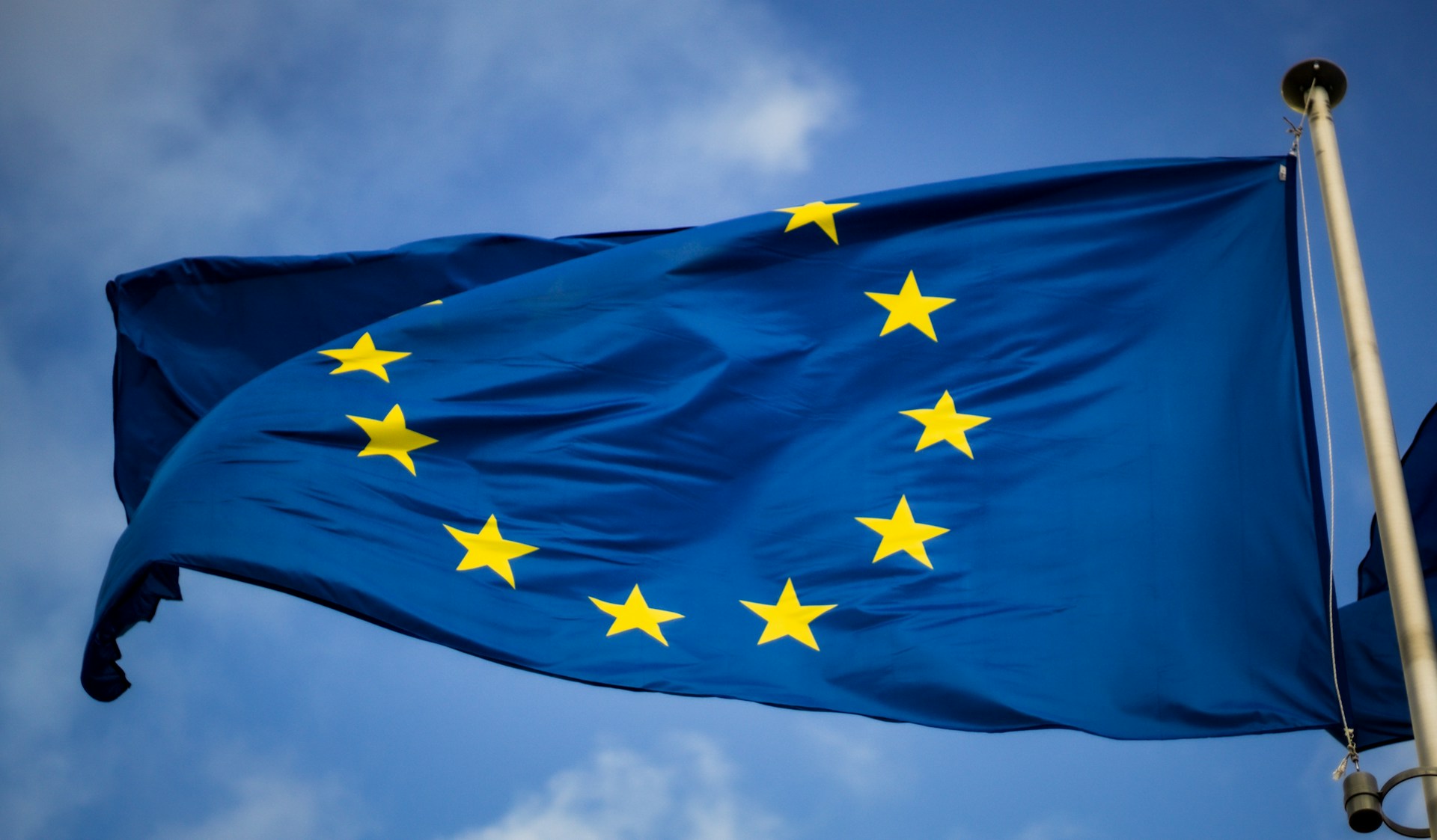
According to the European Union (EU), the European Union (EU) is planning to transform the supervision force in the main financial market fields, including encryption, from the national authorities to a central supervisory authority to help strengthen capital markets in the bloc and coordinate regulations.
Eyes of the European Union supervising the central encryption market
On Monday, Ferina Ross, head of the European Securities and Markets Authority (ESMA), confirmed that the stock exchanges and encryption companies are likely to be transported in the European Union to monitor the market in the mass.
Ross told the Financial Times that the European Commission is new rules that would convert to supervision of many areas of the European Union's financial markets from the national authorities to ESMA, to pay for “the capital market in Europe more integrated and global competition.”
Last month, the European Union Financial Services Commissioner Maria Louis Albukirk participated that they were “considering a proposal to transfer supervisory forces to ESMA for the most important border entities”, including encryption companies.
“All this would mean changes in governance and decision -making operations in ESMA, and we have different models that must be taken into account based on other existing models of central supervision,” Al -Boukir Rick said.
The change aims to address the continuous fragmentation in the markets to “create more market for a capital source in Europe,” as the ESMA chair stated, on the pretext that “while we do a lot of work to try to ensure that the implementation of Mika is aligned, it clearly requires a lot of effort from us and national supervisors to achieve this.”
She added: “This also means that people should build new resources and expertise 27 times in different national supervisors, which could have been done with more efficiently once at the European level.”
The only supervisor's proposal faces a violent reaction
It is worth noting that the European Union suggested for the first time to make ESMA the main supervisory agency for coding asset service providers (CASP) while developing its markets in organizing encrypted assets (MICA).
The plan received a violent reaction from the smaller European Union countries, such as Luxembourg, Ireland and Malta, which criticized the ability of the International Energy Agency to oversee the rapid encryption market and feared that its prosperous financial sectors will undermine.
As a result, the supervision of these markets was left in the hands of the 27 national authorities, which Ross considers to create shortcomings. She explained that the Paris -based authority “tried for some time with the Capital Markets Union and other initiatives to build a more effective capital market”, but “the reality was easy to do given that we have very different market structures.”
In July, ESMA raised concerns about the Malta process to agree to the Pan-EU licenses for encryption companies, arguing that “some areas of risk were not adequately evaluated during the mandate.”
As Bitcoinist said, the Bloc Watchdog (PRC) committee conducted a review of the CASP Financial Services Authority in MFSA, and the national organization only found “partial expectations”, despite its presence in the field of employment and adequate technical infrastructure.
At that time, ESMA confirmed that the fears that extend beyond Malta have urged all the authorities in the European Union to align their supervision mechanisms to ensure consistency under the MICA regulatory system.
Last year, former European Central Bank President Mario Dragi set the transfer of ESMA into one joint organizer for all securities markets in the bloc, similar to the US Securities and Exchange Committee (SEC), as a “major column” to strengthen European capital markets.
Since then, the European Energy Agency has been granted greater powers. The organizational authority will supervise the new service providers for the standardized tapes of stock and bond prices, and agencies that provide environmental, social and governance classifications that start in 2026.
However, Claude Marx, General Manager of Luxembourg Financial Watchdog, consider that one financial organizer will turn into a “monster”. “It is the imagination that the European Commission wants to pay one supervisor,” Marx stated in June.
The European Commission has always mentioned that it does not have Idée Fixe “To obtain European SEC,” he said, adding that there are still many barriers that prevent the provision of financial services across the European borders.

Bitcoin (BTC) trades at $124,610 in the one-week chart. Source: BTCUSDT on TradingView
Distinctive photo of Unsplash.com, Chart from Tradingview.com

Editing process For Bitcoinist, it is focused on providing accurate, accurate and non -biased content. We support strict resource standards, and each page is subject to a diligent review by our team of senior technology experts and experienced editors. This process guarantees the integrity of our content, importance and value of our readers.




